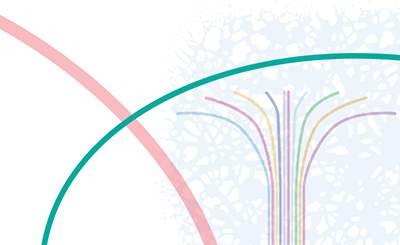 Royal Papworth Hospital is committed to promoting equality, diversity and inclusion (EDI) and human rights with the highest possible standards of care and outcomes for patients and staff.
Royal Papworth Hospital is committed to promoting equality, diversity and inclusion (EDI) and human rights with the highest possible standards of care and outcomes for patients and staff.
We acknowledge the benefits of having an organisation that tackles inequalities and promote equity, equality, diversity and inclusion will allow the trust to achieve its strategic objectives.
As part of the Trusts Workforce strategy EDI is a focal and integral part, one of our objectives is Belonging and inclusion for all - ensuring we are an organisation where everyone is welcome, everyone is respected, everyone can grow and everyone feels their voices are heard.
We will seek to create an inclusive environment that is supportive to our diverse workforce and be an employer of choice delivering compassionate care to all communities we serve, and continue to link all that we do to those six strategic aims and our staff and colleagues role model the Trust’s values compassion excellence collaboration.
At Royal Papworth our equality objectives are;
- We will ensure all Executive and Non-Executive Directors to have specific, measurable individual EDI objectives that articulates their individual and collective accountability for our progress on EDI.
- We will embed fair and inclusive recruitment processes and talent management strategies that target under-representation and lack of diversity as well as equity of career progression opportunities for staff of all protected characteristics.
- We will ensure that we have comprehensive induction, onboarding and development programmes for internationally recruited staff that encompasses both professional and pastoral support for these colleagues.
- We will revise the policy framework for addressing abuse, violence and aggression against staff and develop a training and communication programme to support implementation of the policy.
- We will continue to support, promote and value the contribution of staff networks
- We will develop and support a cohort of Cultural Ambassadors and integrate this role into our employee relations and recruitment processes to remove any potential bias in those processes.
- We will run further cohorts of the Transformational Reciprocal Mentoring Programme and promote and communicate the goals and outcomes of the programme.
- We will ensure that we have accessible, well- known and flexible routes for staff to raise concerns and that we respond in a timely way to concerns. We will ensure that we respond to staff who raise concerns in a timely way and that we utilise and share the learning from the concerns raised.
ROYAL PAPWORTH hospital STAFF NETWORK EDI STRATEGY - 2022-23
Public Sector Equality Duty
The Public Sector Equality Duty requires public bodies to have due regard to the need to eliminate discrimination, advance equality of opportunity and foster good relations between different people when carrying out their activities. The Trust as a Public Sector organisation is required to publish sufficient information to demonstrate our compliance with the public sector equality duty. This requirement arises from the Equality Act 2010.
The following documents feature staff data which is provided on an annual basis to the staff and public.
